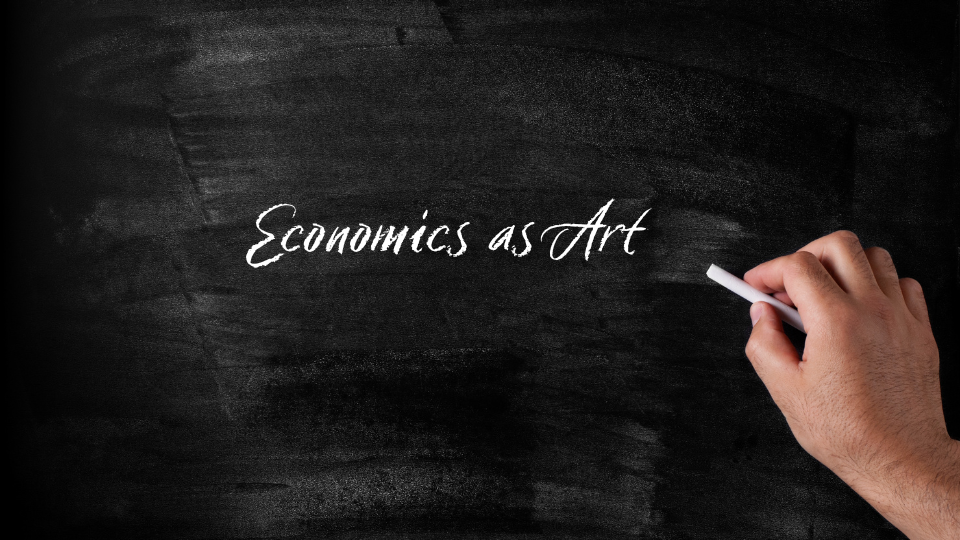Economics is also considered an art because it involves human judgment, creativity, and the application of theoretical knowledge to real-world situations. The following are the reasons as to why it is considered as Art:
- Application of Knowledge:
Economics is not just about understanding theories and models; it’s also about applying this knowledge to solve practical problems. This application requires skill, intuition, and creativity, much like any other form of art.
- Policy Making:
Designing and implementing economic policies involves considering various factors such as political, social, and cultural contexts. Policymakers must balance competing interests and make decisions that are not purely based on scientific data but also on judgment and experience.
- Interpretation and Judgment:
Economic data can often be ambiguous and open to interpretation. Economists must use their judgment to make sense of the data and to draw conclusions. This interpretive aspect of economics relies on the economist’s insight and experience.
- Human Behavior:
Economics deals with human behavior, which is inherently unpredictable and complex. Understanding and influencing behavior requires an appreciation of psychological, cultural, and social nuances, areas where scientific precision gives way to artistic interpretation.
- Adaptability and Flexibility:
Economic conditions and challenges are constantly changing. Economists must be adaptable and flexible, using their creativity to devise new solutions to emerging problems. This adaptability is a hallmark of an art form.
- Communication and Persuasion:
A significant part of economics involves communicating ideas and persuading others. Whether it’s writing policy briefs, giving presentations, or advising businesses, the ability to convey complex economic concepts in an accessible and convincing manner requires artistic skill.
- Subjectivity and Values:
Economic decisions often involve subjective value judgments. What constitutes “good” economic policy can depend on one’s values, goals, and priorities. This subjectivity introduces an element of art, as it requires balancing different values and objectives.
- Innovative Problem Solving:
Economists often need to think outside the box to address economic issues. Innovative problem-solving requires creativity and the ability to view problems from different perspectives, akin to an artist’s approach to creating new works.
Economics is considered an art because it involves the application of theoretical knowledge to real-world problems, which requires judgment, creativity, and adaptability. While economic science provides the tools and models, the art of economics lies in the effective and innovative application of these tools to address the complex and ever-changing landscape of human economic behavior and societal needs. This dual nature of economics as both a science and an art allows it to be a versatile and powerful discipline.

